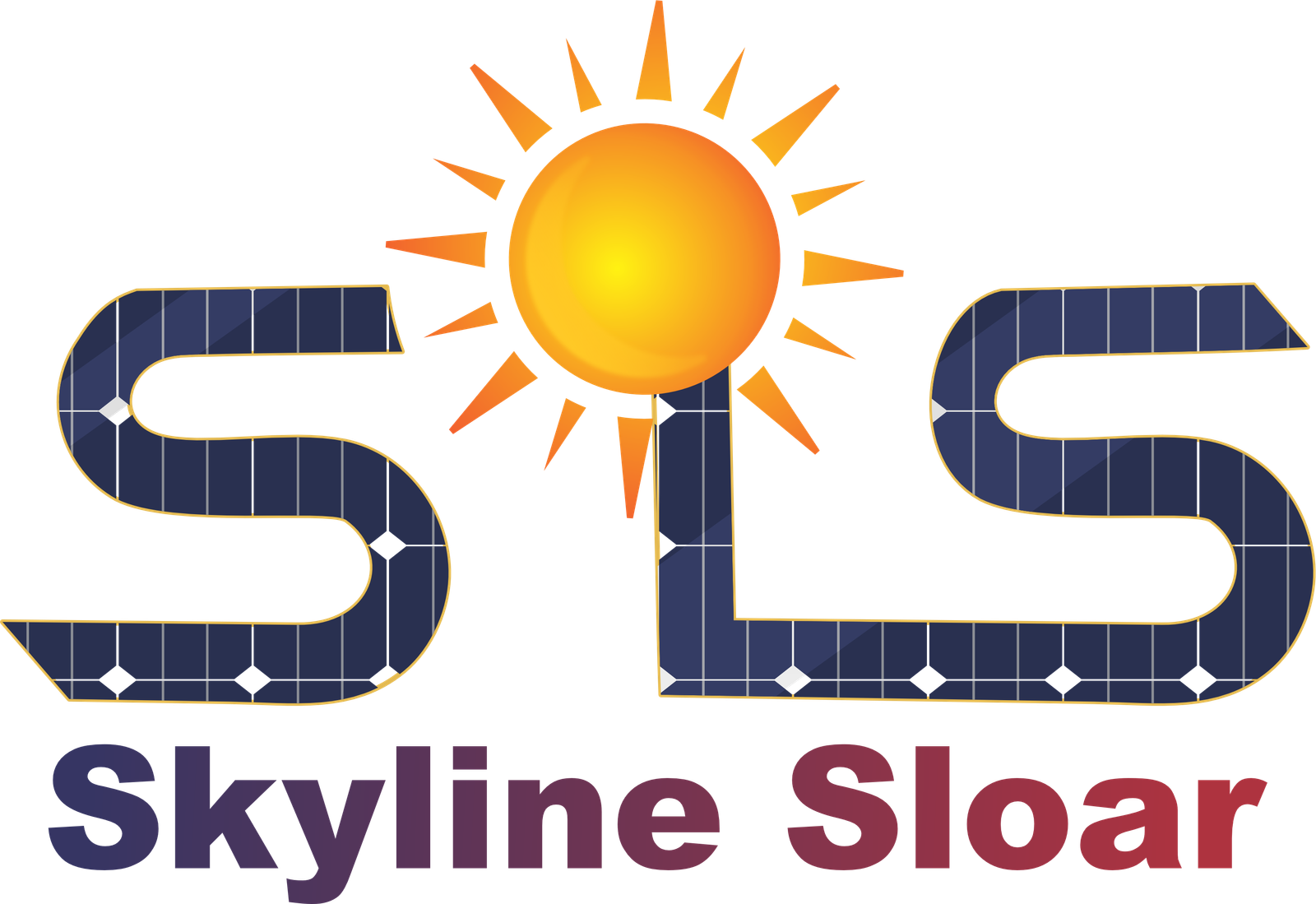| Main Headings | Sub-Headings |
|---|---|
| Introduction | |
| Basics of Solar Energy | – Evolution of Solar Energy<br>- How Solar Energy Works |
| Types of Solar Panels | – Monocrystalline Panels<br>- Polycrystalline Panels<br>- Thin-Film Solar Panels<br>- Concentrated PV Cell |
| Comparing Solar Panel Types | – Efficiency<br>- Cost<br>- Lifespan<br>- Space Requirement |
| Advantages of Solar Energy | – Environmental Benefits<br>- Cost Savings<br>- Energy Independence |
| Challenges with Solar Panels | – Installation Challenges<br>- Maintenance and Cleaning<br>- Geographical Limitations |
| Solar Panels Around the World | – Leading Countries in Solar Usage<br>- Innovative Solar Projects |
| Future of Solar Energy | – Technological Advancements<br>- Potential for Global Energy Shift |
| FAQs | |
| Conclusion |
SEO Meta-Description: Dive deep into the world of solar panels as we uncover the diverse types of solar panels, their advantages, and why they’re an essential choice for sustainable energy.
Introduction
Solar energy has rapidly become a front-runner in the race for renewable energy sources. As fossil fuels dwindle and environmental concerns rise, turning our faces to the sun seems like a natural progression. This article shines a light on the various types of solar panels and elucidates why they’re more than just a glinting array on rooftops.
Basics of Solar Energy
Evolution of Solar Energy
From the first solar cells in the 1800s to today’s advanced solar infrastructures, solar technology has come a long way. Back in the day, the efficiency was merely at 1%. Fast forward to the present, and we’re harnessing sunbeams more effectively than ever.
How Solar Energy Works
It’s magic! Well, not really, but it’s close. When sunlight hits a solar cell, it nudges electrons free from their atoms. This movement creates an electric current, which can be harnessed for power. And voila! Sunlight turned into electricity.
Types of Solar Panels
Monocrystalline Panels
Fashioned from a single crystal structure, these panels offer high efficiency and a sleek black design. They’re the elder statesman of the solar world – reliable, but a tad pricier.
Polycrystalline Panels
With a mosaic of crystals, these blue-tinted panels might not match the efficiency of their monocrystalline counterparts, but they often come at a lower cost.
Thin-Film Solar Panels
Lightweight and flexible, thin-film panels are the new kid on the block. They’re versatile but usually less efficient than crystalline-based panels.
Concentrated PV Cell
Highly efficient and futuristic, these panels use lenses and mirrors to concentrate sunlight onto tiny, but super-efficient, solar cells.
Comparing Solar Panel Types
Efficiency
While monocrystalline panels often take the cake for efficiency, the right choice depends on your needs and constraints. The concentrated PV cell, although promising, is still in its nascent stages.
Cost
Your wallet might favor polycrystalline or thin-film panels due to their affordability, but remember to consider long-term returns.
Lifespan
Most solar panels promise a lifespan of 25-30 years, but their efficiency can wane over time.
Space Requirement
Got ample roof space? Polycrystalline might work. But if space is a premium, monocrystalline or even thin-film could be your best bet.
Advantages of Solar Energy
Environmental Benefits
It’s green! Solar energy slashes carbon footprints, making Mother Earth a happy camper.
Cost Savings
After the initial investment, the sun’s rays are free! Over time, solar panels can save a pretty penny.
Energy Independence
By harnessing solar power, you’re reducing reliance on the grid and on imported fossil fuels. It’s like growing your own vegetable garden, but for electricity.
Challenges with Solar Panels
Installation Challenges
You can’t slap these babies just anywhere. Proper installation is crucial for maximum efficiency.
Maintenance and Cleaning
Solar panels are low-maintenance, not no-maintenance. Regular cleaning and occasional checks keep them in tip-top shape.
Geographical Limitations
While solar panels can work in cloudy areas, they’re no match for perpetual darkness. Optimal locations bask in plenty of sunlight.
Solar Panels Around the World
Leading Countries in Solar Usage
From Germany’s solar farms to China’s massive solar infrastructure, countries around the globe are harnessing the sun’s power at varying scales.
Innovative Solar Projects
From solar roads in France to floating solar farms in Japan, the world is brimming with innovative solar endeavors.
Future of Solar Energy
Technological Advancements
With every dawn, new advancements in solar tech are on the horizon, promising more efficiency and versatility.
Potential for Global Energy Shift
Imagine a world powered predominantly by the sun. It’s not just a pipe dream; it’s a very tangible future.
FAQs
- What’s the best type of solar panel for my home?
- It depends on your home’s location, roof space, and your budget. Consulting with a solar provider can offer personalized advice.
- How long do solar panels last?
- Most last 25-30 years, but their efficiency might decrease over time.
- Are solar panels worth the investment?
- In most cases, yes! Over time, the savings on electricity bills can surpass the initial investment.
- Can solar panels work during cloudy days?
- Yes, but their efficiency might be reduced. Even on cloudy days, they can harness diffused sunlight.
- How do I maintain my solar panels?
- Regular cleaning and occasional professional checks ensure they remain efficient.
- What’s the future of solar energy?
- Bright! With technological advancements and increasing global adoption, solar energy has a sunny future.
Conclusion
Embracing the types of solar panels is more than just a nod to sustainable living; it’s a step towards a brighter, cleaner future. As technology advances and the world pivots to renewable energy, understanding solar panels is not just beneficial—it’s essential.






